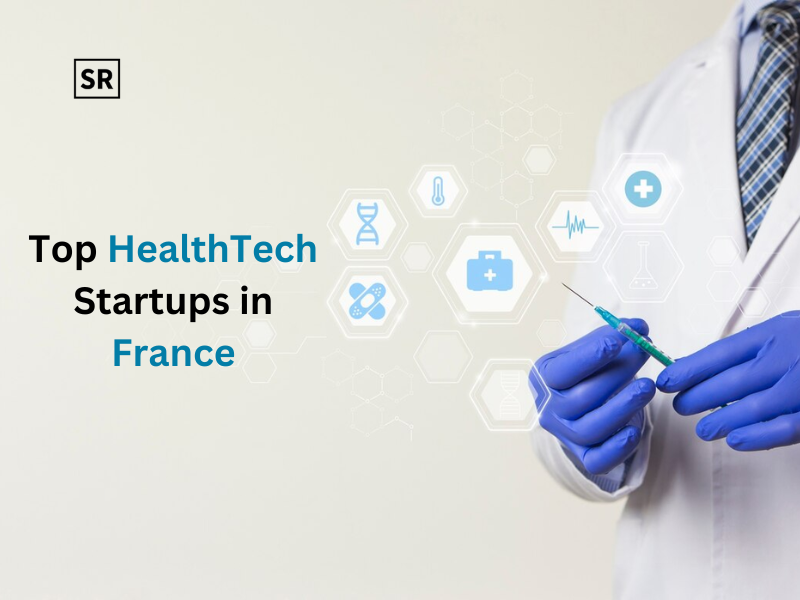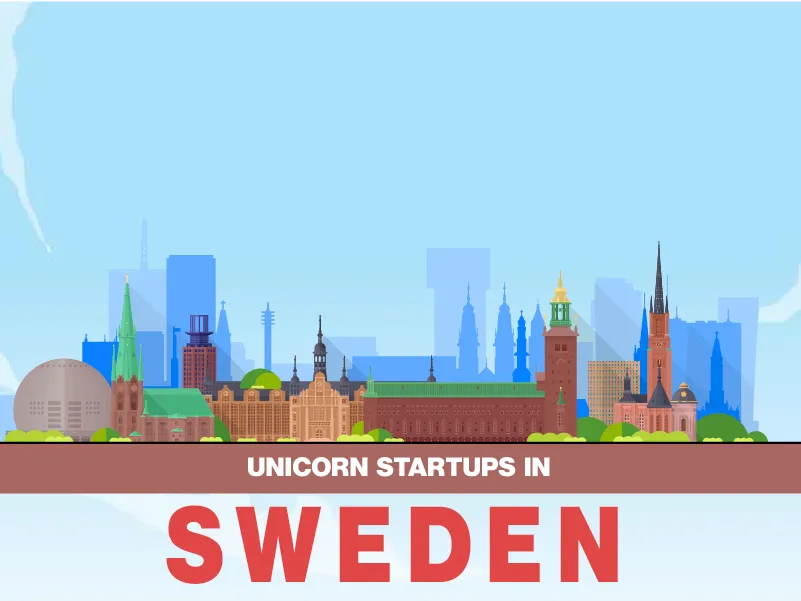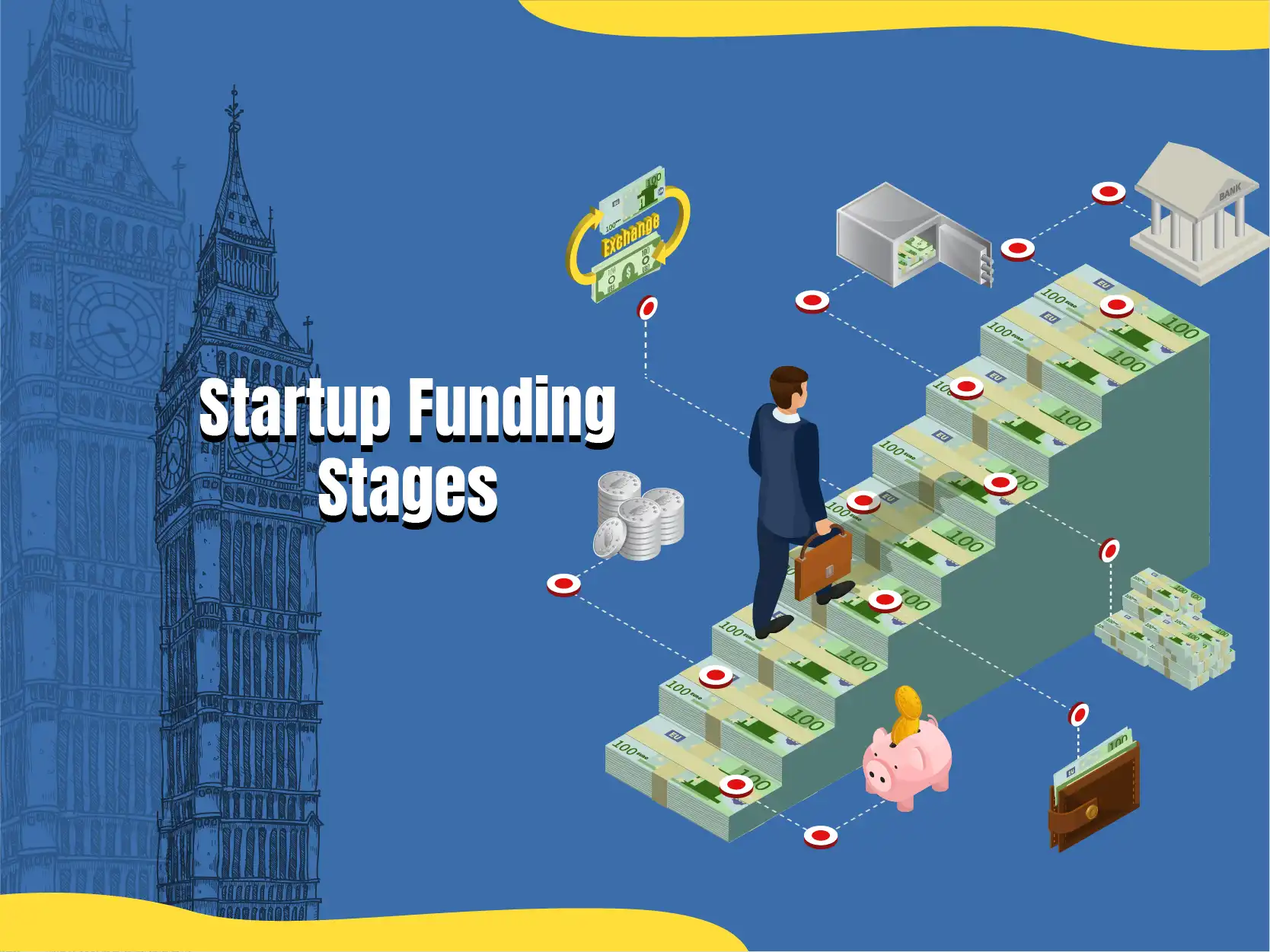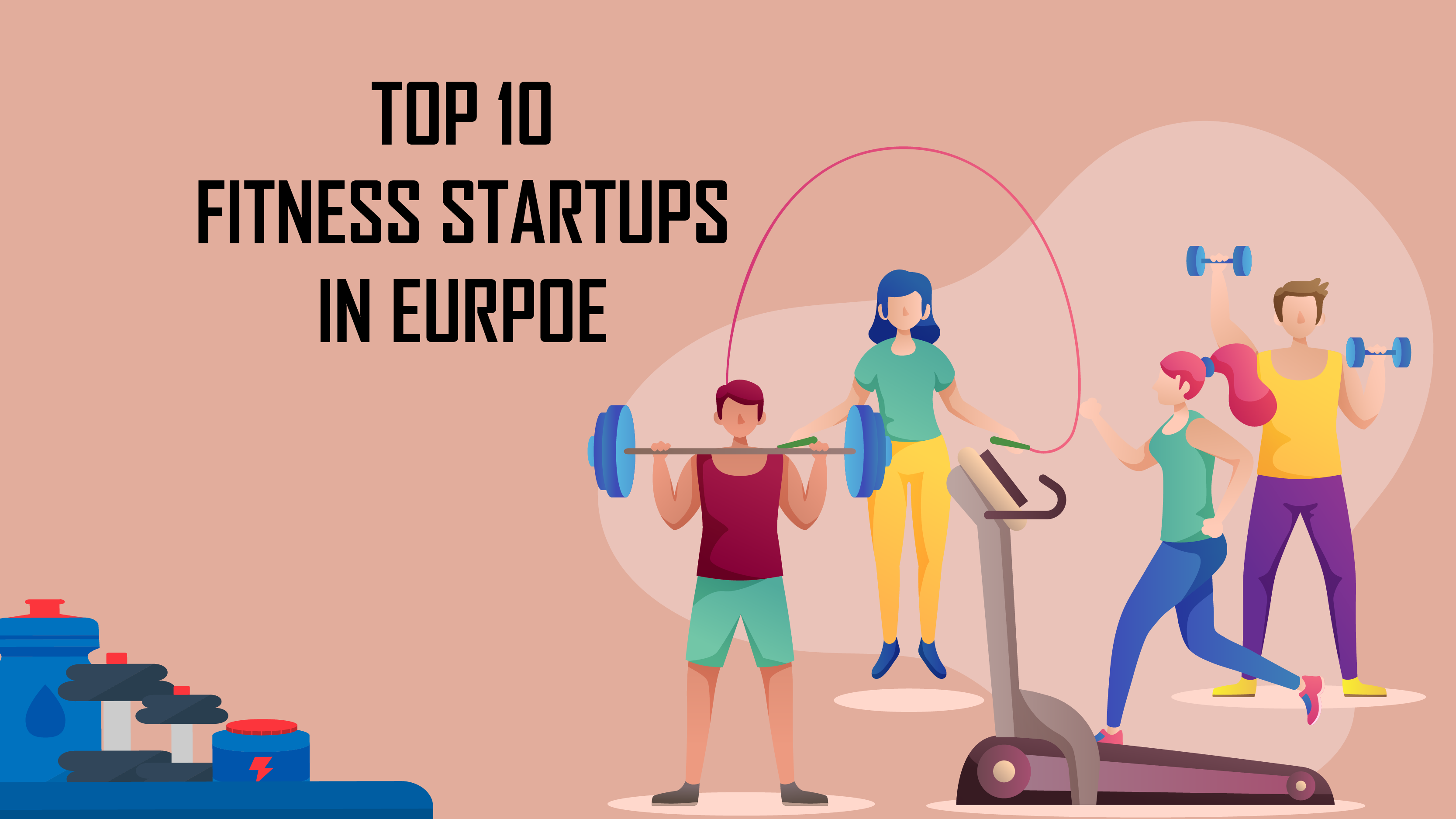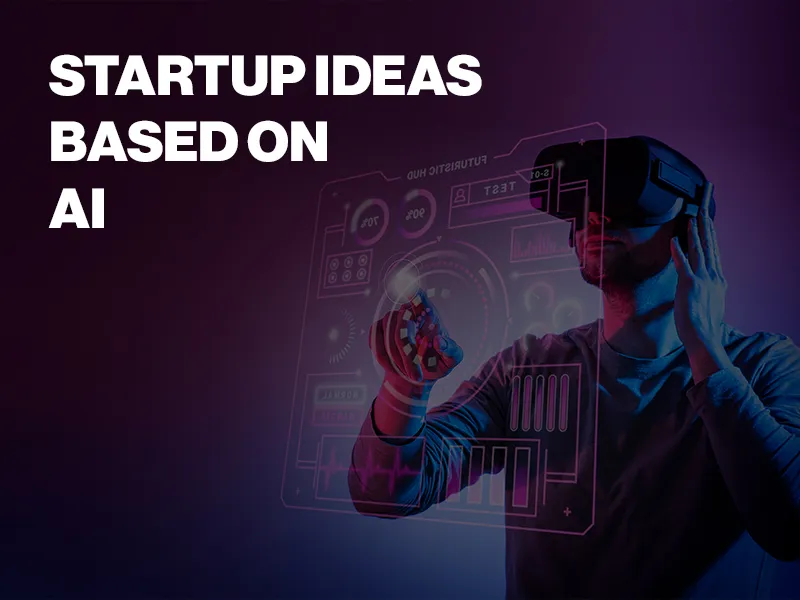
Artificial intelligence, or AI, refers to the technological advancements that allow computers and other technologies to simulate human intelligence and problem-solving skills. The goal of this branch of computer science is to build intelligent machines that can mimic human behaviour.
Machine learning algorithms require specialised hardware and software to design and train; common programming languages among AI developers are Python, R, Java, C++, and Julia. Large volumes of labelled training data are processed by AI systems, which then use the connections and patterns found in the data to predict future events.
AI is important because it has the ability to completely change our way of life, our jobs, and our leisure pursuits. It has shown to be successful in corporate environments, simplifying jobs that were previously completed by people, such as fraud detection, lead creation, quality control, and customer support.
AI frequently performs better than humans, particularly when it comes to tedious and meticulous tasks like checking the correctness and completeness of large legal papers. AI gives companies hitherto undiscovered insights into their operations by using enormous databases. The increasing number of generative AI tools will be essential in a number of fields, including marketing, education, and product creation.
AI presents a plethora of chances for company owners to use AI technology into their endeavours, improving consumer and business-owner ease. It may be used in any sector to manage data processing, reduce mistakes, and function as needed, enhancing business models and efficacy.
Due to its many benefits, artificial intelligence has emerged as the mainstay of growing enterprises. Global investment in startups is led by the US, China, and the UK; a sharp increase has been seen on several continents and in a wide range of economic sectors.
AI has opened up new possibilities for investigation in many different fields. Early AI adoption can result in financial savings and the creation of efficient procedures for top performance.
Every industry may benefit from artificial intelligence (AI), and a number of AI-based business concepts and models are becoming increasingly popular worldwide. Intelligent chatbots, self-learning AI systems, AI-generated music, AI-generated visuals created on demand, and data processing and maintenance for later use are a few examples.
These cutting-edge AI-based businesses are enthralling consumers throughout the globe, and young people are particularly drawn to the abundance of AI startup concepts. With fascinating uses becoming popular on social media, AI-based company concepts are becoming increasingly popular.
Healthcare
Artificial intelligence (AI) uses historical medical data to expedite the identification of medical disorders. Meanwhile, AI-driven machines improve machine responsiveness, resulting in improvements to medical technology and better patient outcomes. AI-powered healthcare apps are becoming a popular AI business idea, helping professionals with patient monitoring and treatment planning.
AI's growing significance in the healthcare sector holds great promise for change, allowing for quicker and more accurate diagnoses than those made by humans. AI also helps physicians diagnose conditions and track patients' decline, which makes prompt medical intervention possible. AI systems are utilised by medical clinics to do various duties such as staff rotation, bed planning, and medical information provision.
AI is also used in many other medical fields, including neurology (MRI), cardiology (CRG), embryology (sonography), and complicated internal organ surgery. Artificial intelligence-based startups such as Acorai, Activate Health, Doctomatic, ExactCure, and Mindstep are revolutionising the healthcare industry through offering valuable insights to physicians and patients alike.
Finance
AI is a technology used by a variety of industries to aggregate and analyse data with the goal of minimising errors that might result in losses and using data analysis to foresee future investment results. Businesses may improve productivity and streamline financial operations by automating processes such as tax filing, reconciliation, and invoice processing.
Businesses may match consumer needs and remain ahead of the AI revolution by utilising smart software to deliver creative financial solutions. This is a novel startup concept that is well worth investigating. Lending systems now include AI and machine learning to provide sophisticated credit evaluation and financial analytics.
Software for processing documents integrates human verification with machine learning. Data scientists, business analysts, software engineers, executives, and IT specialists may all benefit from AI-based technologies. Fintech businesses employing AI to change the sector include Enova, Ocrolus, DataRobot, Scienaptic AI, Zest AI, and Underwrite.ai, among others.
Education
Artificial Intelligence (AI) has the potential to significantly improve learning by developing courses that are tailored to each student's cognitive and learning style. Personalised learning experiences are provided by AI-driven eLearning systems, which cater to the increasing demand for online education and provide profitable business prospects to entrepreneurs.
These platforms use artificial intelligence (AI) algorithms to assess student behaviour and preferences. By determining each learner's unique strengths, weaknesses, and preferences, they enable the creation of personalised learning routes that maximise engagement and information retention.
By incorporating artificial intelligence into their enterprises, Leverage Edu, Embibe, Questt, iNurture, Xylem Learning, and Saarthi Pedagogy are transforming the education industry and meeting the unique requirements of each and every student. They provide AI-based study planning tools and multidisciplinary test preparation solutions. They also create personalised study programmes including learning resources, quizzes, and schedules.
To meet the changing needs of both institutions and students, they also provide curriculum design solutions for career-oriented courses in a variety of subjects, including information technology, marketing leadership, innovation, financial services, business analytics, new media, and design.
Marketing
AI may be used to create user databases, which will enable more focused marketing of goods and services that are catered to their requirements and preferences. The capacity to identify market trends and carry out marketing efforts that are in line with audience interests is improved by the integration of AI into databases and apps.
A virtual assistant might be introduced as part of an artificial intelligence company idea to help clients choose the ideal product based on their needs and curate catalogues based on personal preferences, guaranteeing a smooth platform experience.
AI is being used by startups like Pecan AI, Oolo AI, Appier, aix, and Lemon AI to assist clients, which is changing the landscape of marketing. Prominent AI assistants such as Siri, Alexa, and Google search engines, together with ideas like online banking, demonstrate how AI has impacted industries and gained broad customer acceptance.
AIoT Apps
Smart sensors and cloud computing are being used by businesses to drive innovation in a number of different industries. In this quickly changing context, offering solutions like energy management for buildings, environmental monitoring for agriculture, and predictive maintenance for industrial equipment opens up significant commercial potential for artificial intelligence.
Identify the particular problem that your target market is facing in order to make sure that your enterprise succeeds. Create an AIoT device prototype, carefully verify product ideas using real-world data, and sell them to prospective clients and investors. In the market, AI-driven innovations such as BONDZAI, AITOMATIC, AHX.ai, Dataviss, INVENTIO.ai, Sky Vision, and Cerrion are among the startups that are making notable progress.
Artificial intelligence (AI)-driven virtual advisers, outfitted with industry best practices and domain-specific expertise, are utilised to maximise businesses' operational efficiency. As information sources for their AI models, these advisers link diverse client knowledge centres, such as databases, search engines, manuals, papers, and diagrams.
An inspection and management platform uses cloud-based AI-driven vision to improve the accuracy of production inspections. Artificial Intelligence systems are utilised to track employee productivity and enhance efficiency. The startup's solution tracks workstation occupancy in production or warehousing environments using camera feeds and people identification algorithms.
Militаry
AI-supported military technologies have ushered in a new era of autonomous weapon systems, operating without direct human intervention and offering a safer approach to enhancing national security. In the near future, we may witness the emergence of robotic military units equipped with intelligence comparable to that of soldiers or commandos, proficient in executing diverse tasks. Implementing AI-supported methodologies not only enhances mission effectiveness but also prioritizes safety during operations.
This approach significantly contributes to the development of equipment capable of effectively dodging attacks, thereby ensuring the safety of both military personnel and civilians. AI can be utilized to design automated machinery aimed at minimizing errors and strengthening safety protocols. Anduril, Rafael Advanced Defense Systems, L3Harris, Palantir, and Thales Group are among the startups revolutionizing military defense and security.
Startups are innovating in technology for military agencies and border surveillance using AI. They are leveraging AI-based concepts to tailor avionics hardware and software to meet unique requirements and address the most challenging military demands. Numerous AI-based startup ideas are contributing to advancing technology to meet the diverse demands and requirements of military operations.
Transportation
In today's market, smart automobiles are becoming more and more common. AI-driven technology were present in just 8% of cars in 2015, but by 2025, that percentage is expected to soar to 109%. In the automobile industry, linked cars are a big trend right now.
Predictive technologies included in these cars warn drivers of possible component failures, give driving directions and assistance, offer emergency and disaster preventive measures, and much more. It is predicted that by 2020, automobiles with built-in wireless networks and connectivity would be commonplace. Prototypes for driverless vehicles are also being developed at a steady pace.
In an effort to improve performance, certain automobile companies use artificial intelligence (AI) to provide consumers virtual assistant services. For example, Tesla just unveiled its intelligent virtual assistant, TeslaBot. To improve travel security and safety, a number of sectors are actively working on creating self-driving automobiles. Every automaker is using AI to create equipment that gives the transportation sector the most of its powers and guarantees a simple and convenient user experience.
Cybersecurity
The prevalence of cyber attacks and data breaches in the digital sphere highlights the critical need for AI-driven cybersecurity. This solution protects organisations from malware and security breaches while maintaining the integrity of critical data by utilising machine learning algorithms to quickly detect and neutralise cyber threats.
Investing in the AI cybersecurity space offers attractive business potential connected to artificial intelligence, since the industry is expected to reach $93.75 billion by 2030. Many artificial intelligence enterprises are already thriving in this industry with the goal of making the internet a safer place and shielding people and businesses from cyberattacks and security lapses. Examples of these startups include Alma Security, Blacklight, HACKERverse, and ShareID.
AI enables businesses to proactively detect and avert assaults, protect against phoney websites or accounts, and give priority to mitigating the most serious cyberthreats. Furthermore, AI-based company ideas may concentrate on creating apps that fit into existing production settings flawlessly and don't require code changes, giving applications total security all the way through their lifespan.
AI-driven companies may also develop apps that function as authentication-as-a-service solutions, enhancing the security of authentication processes for regulated or sensitive services.
Astronomy
Artificial Intelligence has great promise for simplifying the universe's intricate workings and elucidating its beginnings, among other aspects. Beginnings are Million-dollar opportunities can arise from using AI technology in astronomy, similar to the achievements of ARCA Dynamics, Ikhnai Labs, Craft Prospect, and Exo-Space.
These startups may concentrate on using AI for a range of applications, including altitude determination, in-orbit demonstrations, and guidance, navigation, and control (GNC) in space missions (IOD). Additionally, by using sensors, actuators, computer vision, and space robotics, AI may improve satellite operations and provide operators more autonomy.
Additionally, low-power embedded systems may optimise resource utilisation in tiny satellites, assuring rapid operations, and AI-powered image processing payloads can be installed in satellites.
Gaming
Artificial intelligence (AI) is causing a stir in the gaming world by allowing developers to make more complex games with less work. AI can create characters, gaming worlds, and plots, which speeds up and lowers the cost of creation.
AI-powered games and simulations are becoming popular among gaming entrepreneurs; leaders in this trend include Tensorflow, Latitude.io, Promethean A, Houdini, Unity Technologies, and NVIDIA.
Game creators may create immersive experiences that push the limits of gaming with a flexible toolbox that uses machine learning thanks to AI-powered platforms. These developments paved the way for engrossing virtual environments that brim with realism and liveliness.
Agriculture
Agriculture is undergoing a digital revolution, with artificial intelligence (AI) playing a bigger role. Traditionally, this industry has required enormous resources, labour, money, and time. Robotics, soil and crop monitoring, and predictive analysis are just a few of the agricultural AI applications that provide farmers with crucial support. Startups are using AI and machine learning to create apps and technologies that improve and expedite the agricultural process from beginning to end.
Connecting farmers to state-of-the-art technology and offering customised information depending on climatic and environmental circumstances to develop healthier and more abundant crops is one intriguing AI-based company idea. Leading this revolution in the farming sector are companies like AGEYE Technologies, HelioPas AI, Fasal, Root AI, OneSoil, AgroStar, and Aibono.
Through the use of cutting-edge technology and creative business strategies, these businesses are revolutionising farming and increasing the productivity of this traditionally labor-intensive sector. AI is also being used by companies for water irrigation, with the goal of assisting farmers in producing more with less water.
Entrepreneurs have several options to launch AI-based businesses in a variety of industries. Artificial intelligence has the potential to increase workplace productivity by enabling workers to complete more jobs.
AI will eventually replace dangerous or routine jobs, freeing up human workers to concentrate on creative and compassionate work that may result in higher job satisfaction. Even with its bright future, artificial intelligence faces obstacles.
Its widespread expansion, fueled by technical breakthroughs, has the potential to completely transform sectors including finance, transportation, and healthcare. The employment landscape will change as a result of AI-driven automation, necessitating the development of new positions and the acquisition of new skills.
The market has experienced a spike in AI supremacy in recent years, with notable growth being experienced by firms powered by AI and those incorporating AI for optimisation. This expanding business has already attracted billions of dollars in investment. Aspiring company owners should grasp this chance to take advantage of AI innovation, realising that it has the power to influence how businesses operate in the future.
Investments in the AI industry have increased significantly, from $2.2 billion in January 2024 to $2.1 billion in February 2023. Several AI-focused startups in the Bay Area have successfully closed large fundraising rounds. Even though some people believe AI will replace jobs, it's important to acknowledge that AI has enormous development potential.
Adopting AI technology means modernising our skill sets and letting go of antiquated methods. In the end, it presents a chance to use artificial intelligence to improve our quality of life. Based on the way AI is developing, it seems like the future is getting more and more artificial.
While the old and established paradigm of biological intelligence endures, the new paradigm of non-biological computing and intelligence is expanding at an exponential rate. An estimated ten thousand million binary digits are stored in the human brain, most of which are probably used for recalling visual stimuli and other perhaps ineffective tasks.


 Follow us
Follow us Follow us
Follow us
